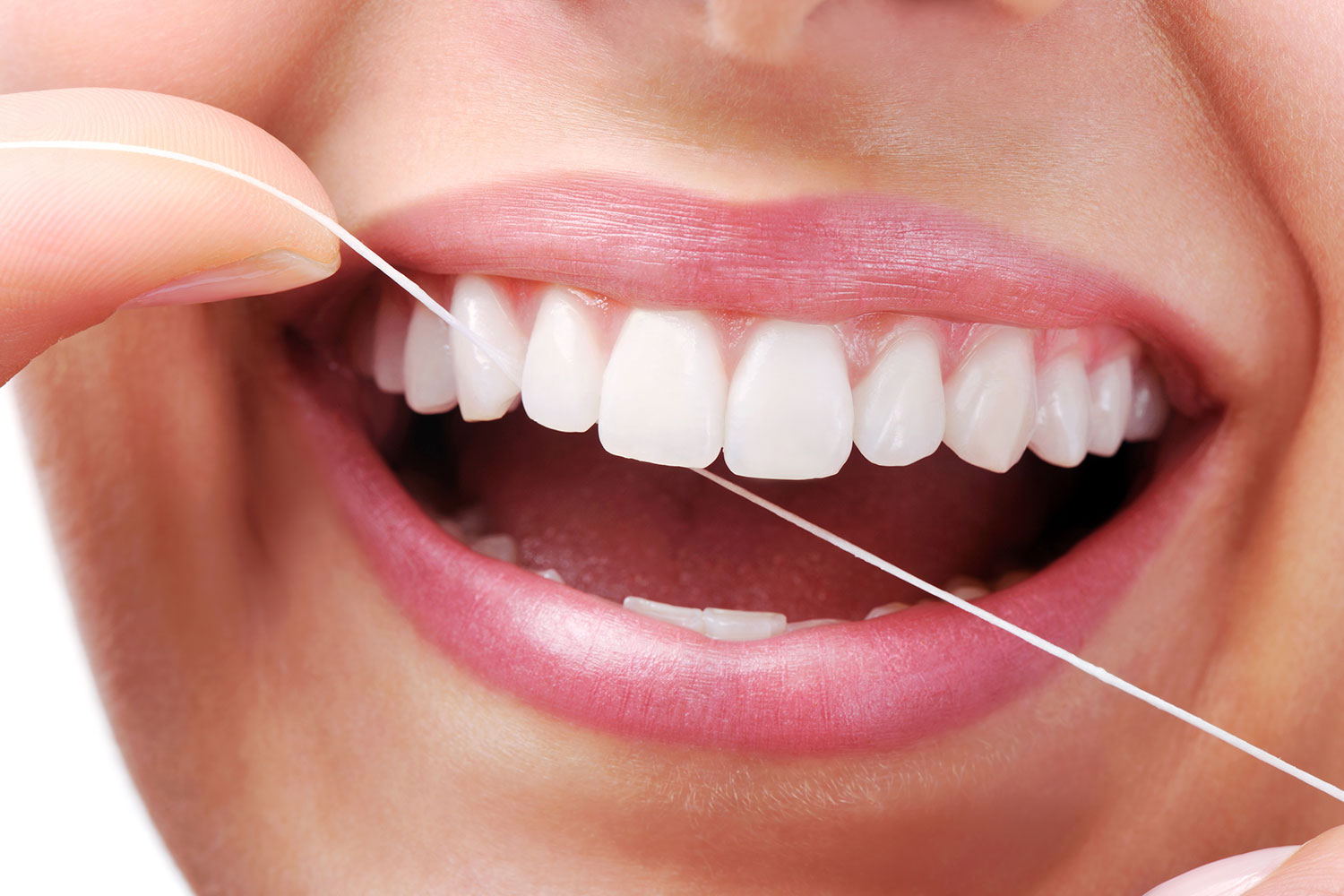Most people focus exclusively on their teeth when it comes to oral health. However, maintaining gum health is just as important because they anchor and stabilize the teeth. The gums also prevent bacteria from affecting the roots of your teeth, ensuring optimal dental stability and durability. However, over 80% of Americans suffer from various stages of gum disease, from minor gingival inflammation to periodontal bone loss. Besides affecting your dental health, periodontal disease also increases the risk of other medical conditions, such as diabetes, strokes, and heart disease. Dr. Huston is an expert in periodontics in Corona, CA.
Laser dentistry includes the use of lasers to treat several different dental conditions. It is used in various procedures such as treating hypersensitivity, tooth decay, gum diseases, and teeth whitening. Laser dental cleaning, also known as periodontal laser therapy, has become a popular method to treat gum diseases. It employs laser technology to remove the infected tissue along the gum line and paves the way for an intense cleaning process.
What are the benefits of laser dental cleaning?
Laser Periodontal Cleanings are slightly costlier than traditional periodontal cleanings, but the additional expenditure is usually worth considering the numerous benefits it has over the other periodontal cleaning methods. The significant benefits of laser dental cleaning are as follows:
Periodontal laser cleaning procedures offer a more comfortable experience for the patient.
There is minimal bleeding and swelling after the process is completed, as most periodontal laser therapies are less invasive than regular surgery


